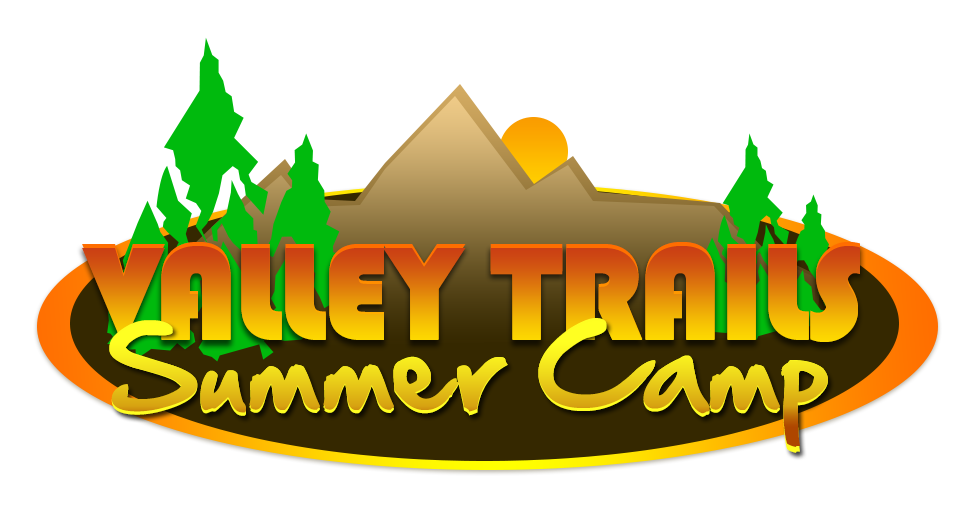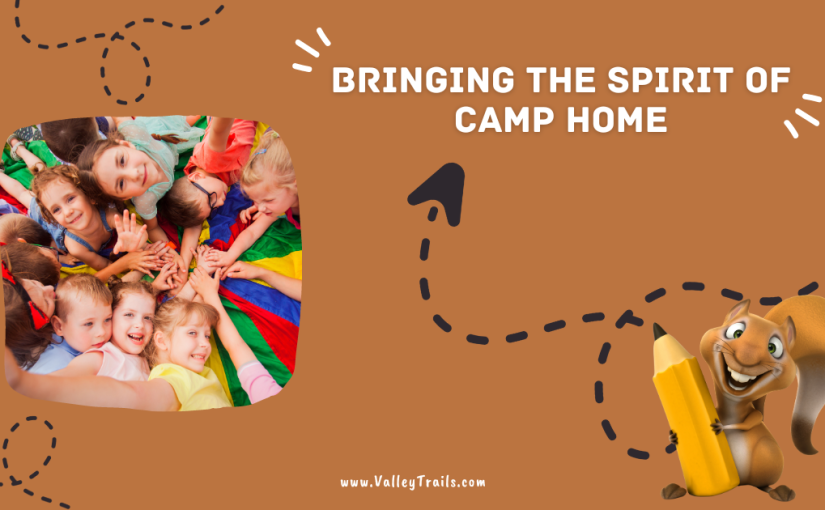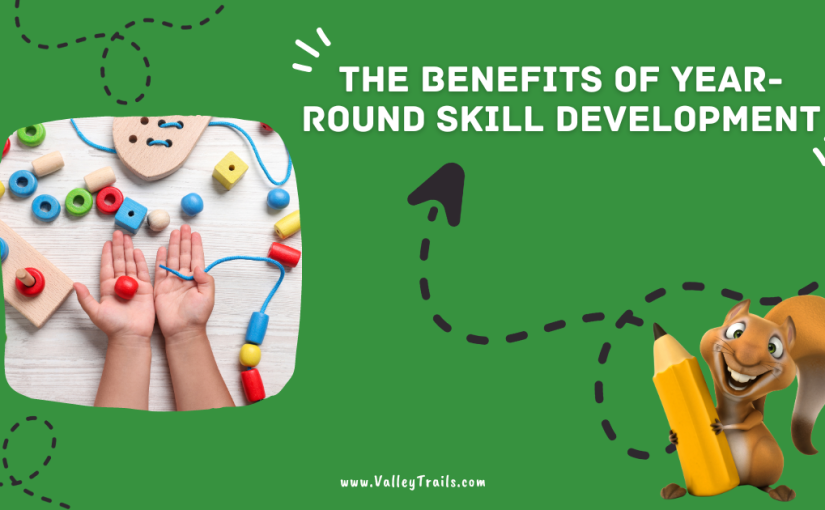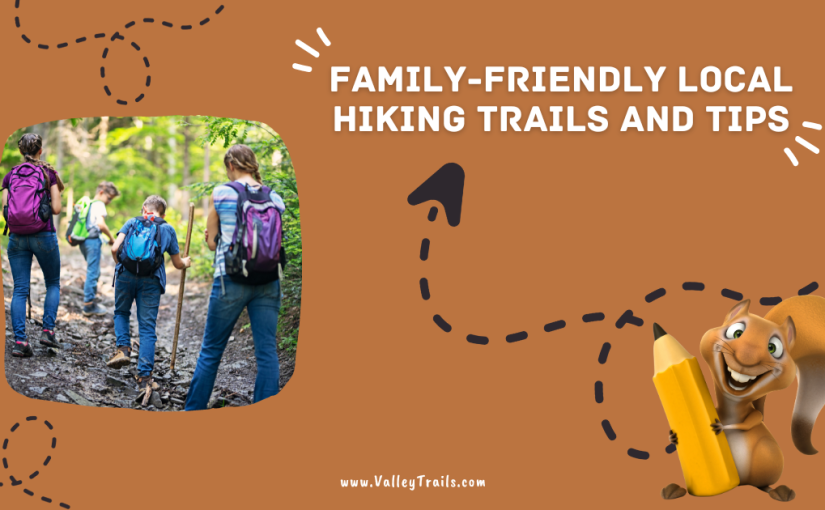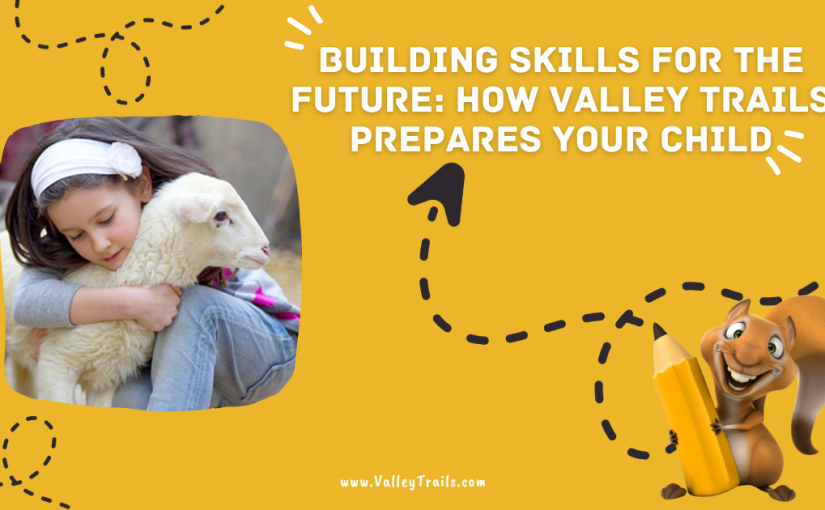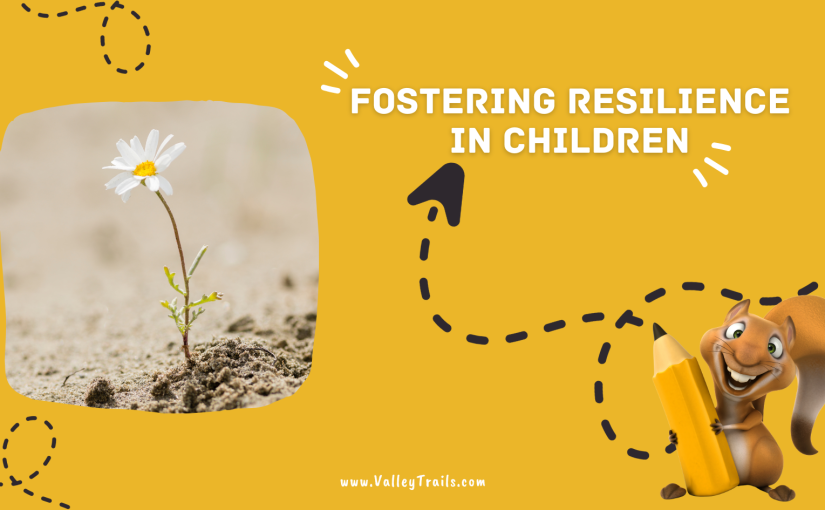5 Ways Summer Camp Aids in Childhood Development
Summer camp, often a rite of passage for many youngsters, is traditionally regarded as a fun-filled getaway from the routine of school and academics. But recent studies suggest that camp experiences offer far more than just outdoor escapades and novel friendships; they also present a unique opportunity to acquire and refine various life skills essential for success in the 21st century.
According to the American Camp Association (ACA), children who attend summer camp gain substantial benefits, including increased self-confidence, problem-solving abilities, and leadership skills (American Camp Association, 2020). In today's rapidly evolving world, these skills have never been more crucial.
-
Nurturing Emotional Intelligence
Research shows that summer camps provide an environment where children can develop emotional intelligence, a key predictor of success in personal relationships and the workplace (Brackett, Rivers, & Salovey, 2011). Emotional intelligence (EI) includes empathy, understanding one's own emotions, and being able to manage emotions effectively in varied situations.
Camps offer a communal living environment where young people must navigate personal interactions, group dynamics and deal with homesickness, promoting self-awareness and emotional resilience. These experiences teach campers to understand, communicate, and manage their emotions in different situations, equipping them with emotional skills crucial in the contemporary world.
-
Fostering Independence and Resilience
Camps are a child's first experience away from home, providing an unparalleled opportunity to practice independence. A study by Thurber, Scanlin, Scheuler, and Henderson (2007) reported that 96% of campers said that camp helped them make new friends and increased their independence.
In addition to fostering independence, the camp setting also promotes resilience. According to psychologist Michael Ungar's research (2012), overcoming challenges in a supportive environment, like summer camp, helps youth build resilience. These acquired traits are valuable life skills that can be carried over into their adult lives.
-
Cultivating Leadership Skills
Leadership is another critical life skill taught at summer camps. Activities such as team sports, campfire cooking, and group projects require campers to step up and take responsibility, fostering leadership skills. According to a study by Duerden and Witt (2010), youth programs, like summer camps, can contribute to the development of leadership skills and confidence, enhancing their ability to lead in school, the workplace, and their communities.
-
Enhancing Social Skills
Camps provide an environment where kids can interact with peers from diverse backgrounds, promoting respect for diversity and enhancing social skills. In fact, a study by Gillard and Roark (2015) revealed that camp experiences can positively affect social skills development and lead to better community engagement.
-
Promoting Environmental Stewardship
Outdoor camps provide experiential learning in nature, cultivating a sense of environmental stewardship. Wells and Lekies (2006) found that adults who had formative nature experiences as children, such as camp, were more likely to show pro-environmental behavior. This is crucial in the current era of environmental crises.
Today's world is complex and requires skills far beyond academics for success. Summer camps, through their diverse experiences, foster emotional intelligence, independence, resilience, leadership, social skills, and environmental stewardship. These skills can significantly contribute to the successful navigation of life's challenges, making summer camps a vital, transformative experience for today's youth.
In the end, as Ralph Waldo Emerson said, "What lies behind us and what lies before us are tiny matters compared to what lies within us." The summer camp experience provides a unique platform to bring forth the skills within our youth, preparing them for a successful, fulfilling life.
References:
American Camp Association (2020). Directions: Youth Development Outcomes of the Camp Experience. https://www.acacamps.org/resource-library/research/directions-youth-development-outcomes-camp-experience
Brackett, M., Rivers, S., & Salovey, P. (2011). Emotional Intelligence: Implications for Personal, Social, Academic, and Workplace Success. Social and Personality Psychology Compass, 5(1), 88-103.
Thurber, C., Scanlin, M., Scheuler, L., & Henderson, K. (2007). Youth Development Outcomes of the Camp Experience: Evidence for Multidimensional Growth. Journal of Youth and Adolescence, 36, 241-254.
Ungar, M. (2012). Resilience in Action. University of Toronto Press.
Duerden, M. D., & Witt, P. A. (2010). The Impact of Direct and Indirect Experiences on the Development of Environmental Knowledge, Attitudes, and Behavior. Journal of Environmental Psychology, 30(4), 379-392.
Gillard, A., & Roark, M. F. (2015). The Effects of Summer Camp on Child- and Parent-Reported Outcomes in Positive Psychological Attributes and Character Strengths. Youth & Society, 52(3), 337-362.
Wells, N. M., & Lekies, K. S. (2006). Nature and the Life Course: Pathways from Childhood Nature Experiences to Adult Environmentalism. Children Youth and Environments, 16(1), 1-24.
